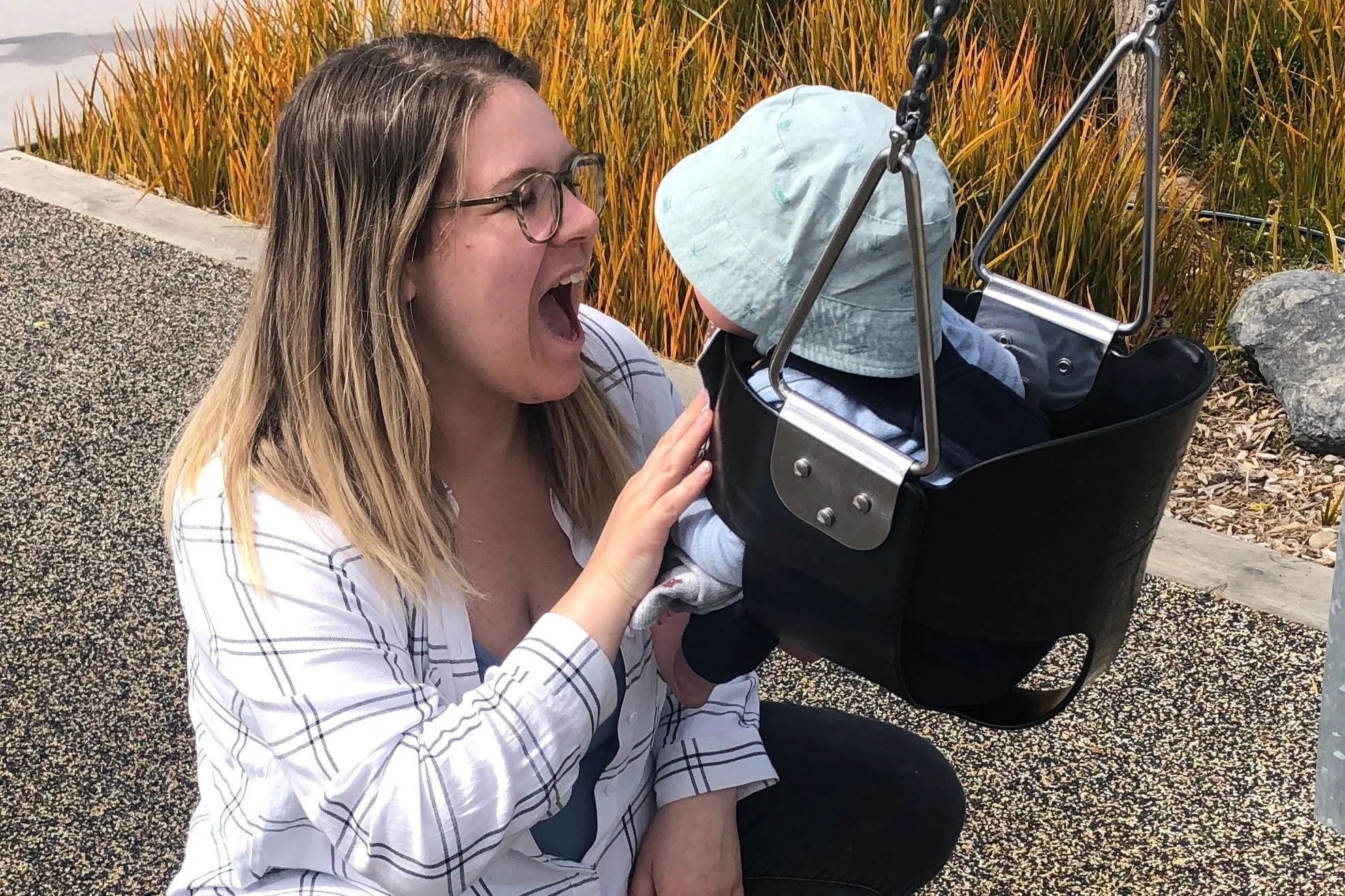Shining a light on wellbeing in early motherhood
Mai te whai-ao ki te ao Mārama: Mothers’ experiences of distress and wellbeing during pregnancy and the first year of motherhood in Aotearoa.
An emotional transition
Becoming a mother – and a whānau/family – is a huge transition. It is estimated that 10 to 20% of women will experience some form of mental distress during their pregnancy or within the first year after having a baby. With the right support, we know we can help mothers and their families to overcome any early struggles and put women and their babies on a path to thriving in the all-important early years.
In April 2019, Te Hiringa Hauora | Health Promotion Agency embarked on a journey to understand what mothers in Aotearoa needed to achieve social, emotional and mental wellbeing. They commissioned ThirdStory (then Innovation Unit Australia New Zealand), to help them to ensure that mothers’ voices were at the heart of this process.
Listening to the voices of māmā
To first understand mums’ experiences of mental wellbeing and distress, we spoke with 17 māmā across Aotearoa, with a particular focus on wāhine Māori mums. We also attended a hapū wānanga/antenatal class in Kawakawa, where we spent time with mums, hapū wāhine and whānau to learn about kaupapa Māori approaches, values and concepts around the birthing experience.
We created a highly visual report to share back what we had heard, including a set of personas and a process map showing the barriers and enablers for mums to seek help when experiencing distress.
We then shared this back with the mums involved to get their feedback, and held a workshop with mums, health professionals and creative thinkers to share the research and come up with a range of new ideas for Te Hiringa Hauora to explore.
We developed and quickly tested some promising ideas with mums, health professionals and potential partners, and consolidated their feedback along with recommendations for Te Hiringa Hauora to consider as part of their wider work with partners to support positive maternal mental health and wellbeing.
The value of informal support
What we learnt
We learnt a lot about the realities and challenges of motherhood, including the following eight key insights, which are further explored in the research report:
Becoming a mother amplifies existing anxieties, stress, and past trauma
Assumptions – from self and others – stop mums from asking for or accepting help
Reliable support people are key, but who that is can be different for everyone
Loneliness can have many faces
Mums can be deeply afraid of formal support services and spaces
The invisible line between what is and isn’t normal means mums don’t know when to ask for help, and
Seeking formal support can fundamentally challenge mothers’ identity as Māori
Having mothers involved as key partners throughout the process helped challenge assumptions of what might help mums and families through this time. More than 100 individuals and organisations were directly engaged in this work through interviews, workshops, updates, and giving feedback on ideas, and this set up Te Hiringa Hauora to explore new partnerships moving forward. Te Hiringa Hauora staff were also engaged at key stages in the project, which helped the wider team experience a new way of working and consider future opportunities for the organisation.
You can read the report via the National Library of New Zealand here.
“[My] mum protected us from Māori culture and language because in her time it was frowned upon to be Māori... So when it came to getting help now, I didn’t feel like I fit with kaupapa Māori or mainstream services. I was torn about where to put myself.”
Mums and health professionals read through the research insights at a workshop in Wellington.
Want to learn more about our work generating insights in partnership with communities in Aotearoa? We’d love to hear from you - our contact details are below:
Martin James Director, Innovation and People


